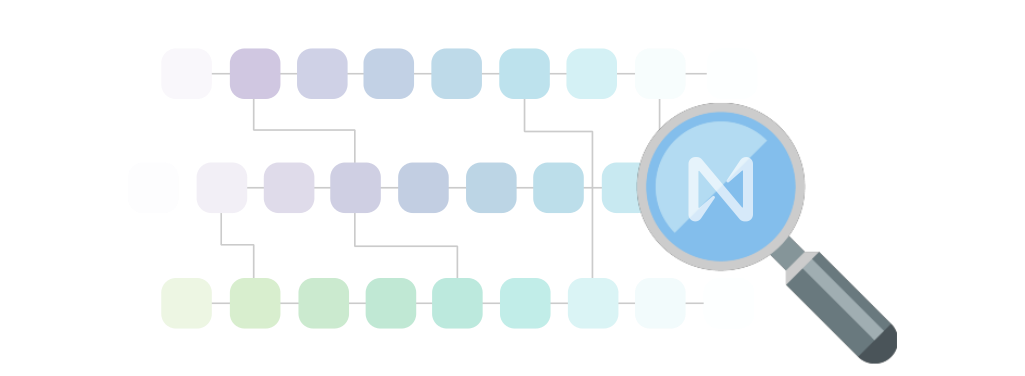Transactions
Users interact with NEAR by creating transactions. Specifically, users use their account's private keys to sign transactions, which are then broadcasted and processed by the network.

A transaction is composed of one or more Actions, and each action costs a deterministic amount of gas units. These gas units are translated into a cost in NEAR tokens, which the user must pay for the transaction to be processed.
tip
You can use an Explorer to inspect transactions in the NEAR network